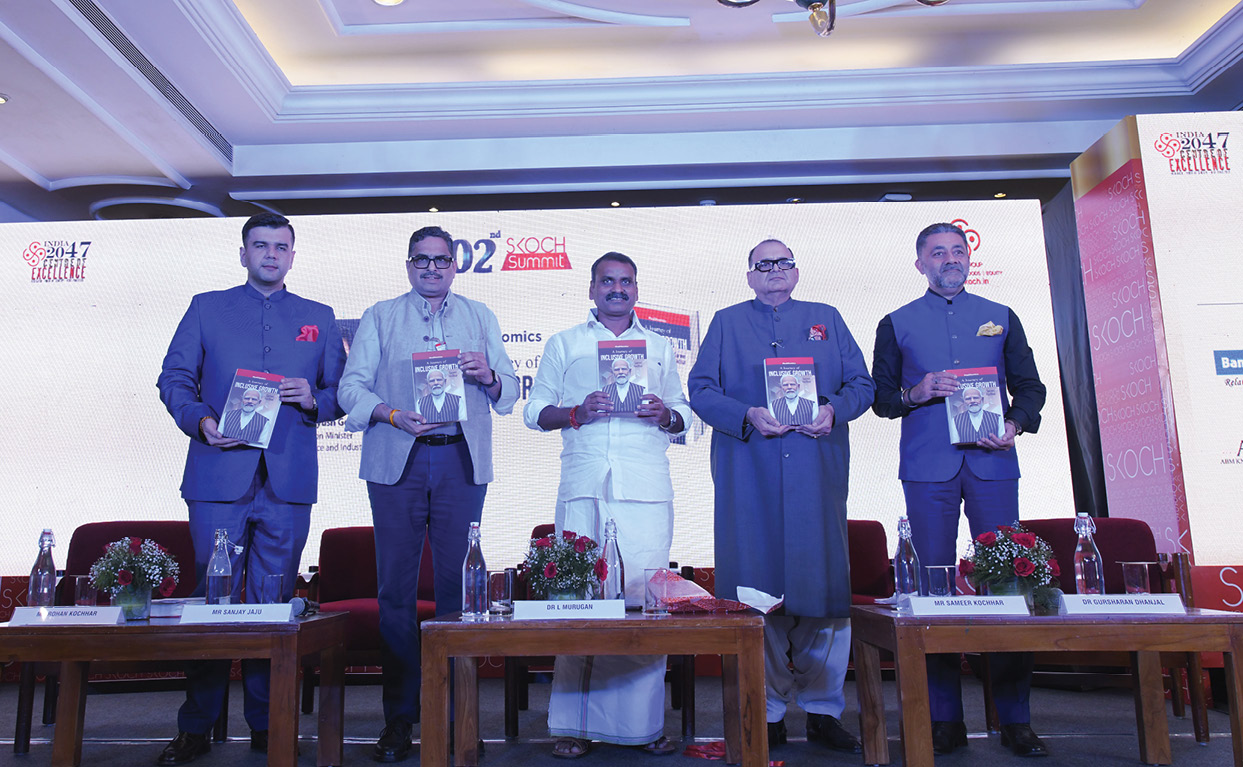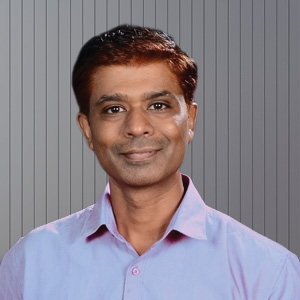Key Points*
- Cyber Threats Are Real-Time - Live examples like airport disruptions abroad show how fast cyberattacks can upend daily life—even without loss of life.
- Future Wars Will Be Cyber-Kinetic – Precision weapons rely on encrypted command-and-control; adversaries tampering with those links could redirect missiles and sabotage missions.
- Quantum Is a Game-Changer – Today’s prime-number–based encryption that would take supercomputers billions of years to crack could fall to quantum computers in hours—placing passwords, messaging, blockchain, and defense systems at risk.
- Critical Infrastructure at Stake – Nuclear plants, financial markets, and sensitive government communications are all protected by cryptography that must be upgraded.
- National Response Underway – The Government has constituted a committee to chart how India secures its digital assets and encryption for the quantum era.
- Data Sovereignty = Security – Protecting India’s digital assets is central to sovereignty—ensuring our systems remain under our control in peace and conflict.
- PQC Now, Not Later – Urgent migration to post-quantum cryptography and quantum-safe networks is essential to future-proof national systems.
- Citizen Safety on the Front Line – Scams like “digital arrest,” OTP theft, and Wi-Fi snooping are rising; public awareness and stronger consumer protections must scale rapidly.
- Secure the Everyday Stack – From UPI payments to enterprise networks, end-to-end encryption hygiene and zero-trust practices need to become standard.
- Whole-of-Nation Readiness – Act with urgency—align government, industry, and research to harden encryption, secure critical infrastructure, and keep India’s cyber defenses in full control.
* This content is AI generated. It is suggested to read the full transcript for any furthur clarity.
Transcript
So in the next 10 to 15 minutes, I'm going to talk about security, right? You're all lucky you're here because right now there is a big cyberattack happening in the airports, in Europe. So right now flights out of London, Brussels, Berlin, all of them are delayed. So if you were traveling to one of these places, you can imagine your plight. Right? But that's just one. It's not a life and matter situation. Okay, so let's, let's talk about other situations.
Right. So we just had a war recently. You all know this war we had. How was this war different from the war we had six years ago? How is it different? Yes, last time our aircraft had to cross the border. This time we didn't cross nothing from our side. We just fired things. What is the next war going to look like? So these missiles.
Okay, so ma'am just told you about cybersecurity encryption. How quantum is going to break encryption. So I'll give you an example of how quantum breaks encryption.
So today encryption is based on using what are called prime numbers. What is a prime number? Any number which is only divisible by one or by itself. So five is a prime number. Four is not a prime number because four is divisible by two also. So you take two large prime numbers and multiply them and you use that as your key. So today's encryption is based on the fact that if you take two large prime numbers, multiply them, use that as your key—for the best supercomputer to break a 2048-bit key, it will take 8 billion years. Billion with a B. So that's why we take these large prime numbers, multiply them and use them as our keys. Whether it's your password, whether it is that missile which flows flew from India to Pakistan, that missile encryption, because the ground is sending signals to it.
How does it know where to go and hit it is being sent signals which are encrypted using these large prime numbers. Now something which takes 8 billion years on your best supercomputer, on a quantum computer, it will take six hours, which means all your encryption gone, finished—blockchain, your password, your Zoom calls, WhatsApp, everything can be broken. If somebody is listening to outside to the Wi-Fi signals, they can crack it using quantum computer, okay? Which also means that in the next.
If somebody can break into the code of that missile instead of it going and hitting, if it has to hit here, the person who can decrypt that could, instead of making it hit there, turn some, turn around and go and hit somewhere else, okay? And that's why two days ago the Government of India, Department of Science and Technology, constituted a committee to decide how India is going to secure its digital assets using encryption. And that's the topic here, right? Sovereignty and security. So how do we ensure sovereignty and security? Because today attacks, like I just said, I started by telling you that there are cyberattacks. You can check the news. Cyberattacks on London, Brussels, Berlin, all these airports, all the aircraft delayed. Well that's just flight delayed, right? But there are more strategic things. For example our nuclear power stations, for example our financial industry, the stock markets, all of these are protected using encryption. Today, even the government secrets, you know, whatever, everything is digital now. Very little happens on pen and paper.
So all of those digital assets that the country has, whether it is national secrets being discussed by our ministers and like the visitor we had today or any of these people, that is all encrypted and stored with these keys which our Defence Research and Development Organisation (DRDO) and all of these people produce. But there is a change, as I said, which is happening. And that's why two days ago the Government of India constituted this committee to go and look into how do we secure the future—in the next war our missiles should not be broken into. Somebody should not take control of the missile which we fired from somewhere in Rajasthan and instead of going and hitting the target comes back to hit a target inside India, right?
So these are very, very deep questions. And I think today's session we are not going very deep into any of these topics. But just to say that there is a very present and important question in front of us as a country, as a country, because technology has made everything digital. Your UPI today, you know, we, we see these ads saying don't fall for digital arrest. Don't you know, let your share your OTP, various things. But that is already happening. Why are these ads have coming? Because a lot of our citizens are getting fooled by these things. And that is only going to increase. Okay? It's only going to increase. It's not going to decrease. And we have to now take those steps which secure our national assets. Which ensure that we are able to protect what is our ours. And during wars, yes, we will not cross the border next time. But at the same time whatever we fire has to remain under our full control.
That's what is very important. And so I just wanted to bring up these points to you. I don't know. Do we have questions or. No?
Otherwise. Yeah, thank you. Okay, thanks a lot.

